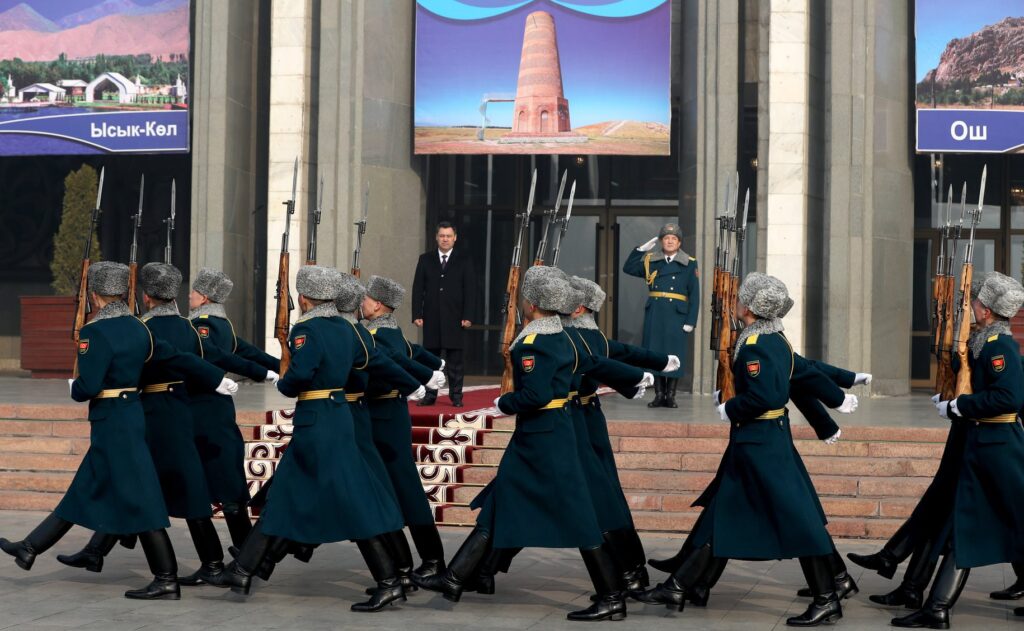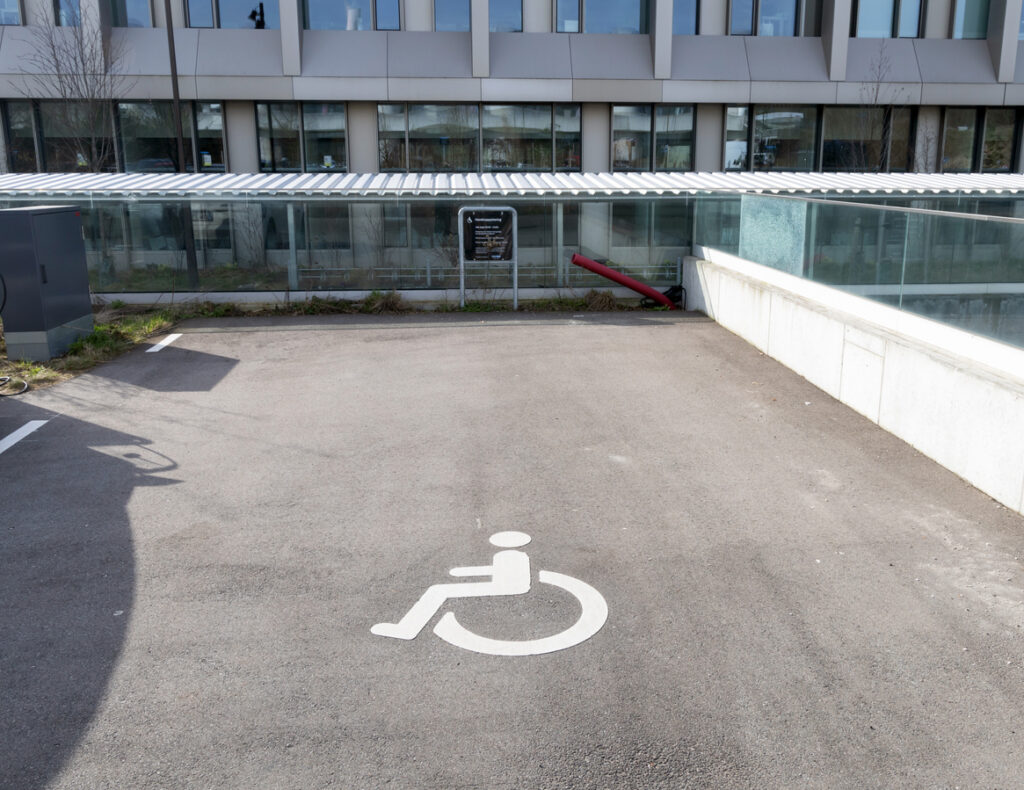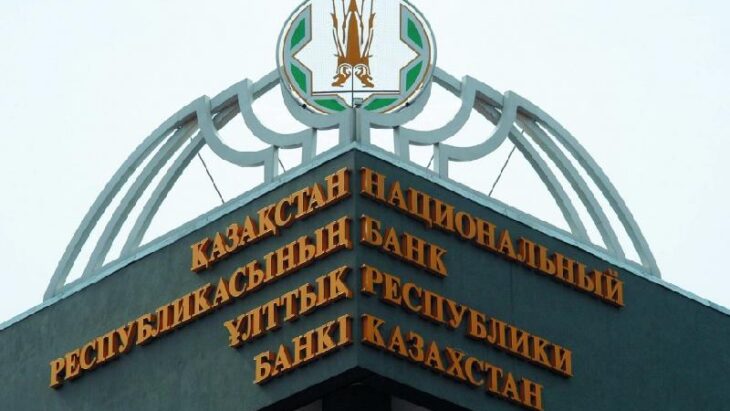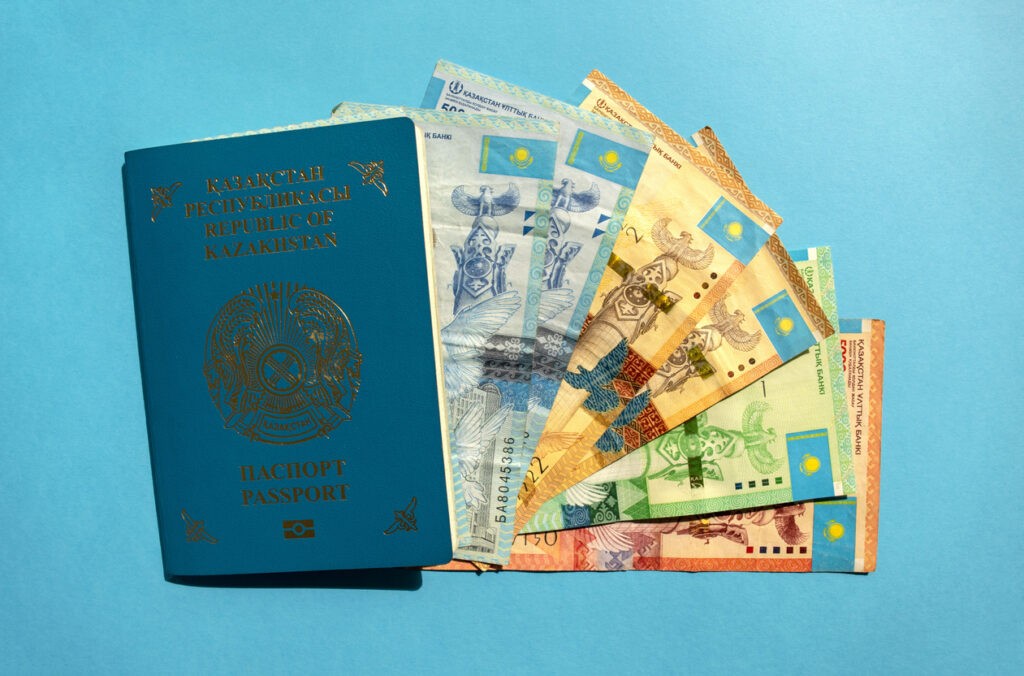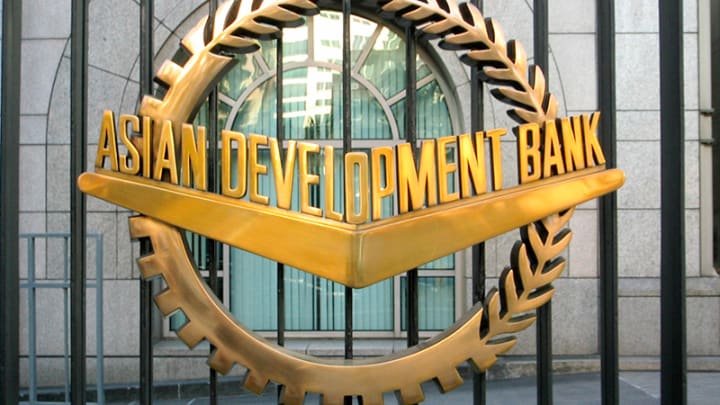The People's Republic of China (PRC) will remain the engine of growth for the world economy, even despite some slowdown. That forecast has been made by the Asian Development Bank (ADB) specialists in their report, Asian Development Outlook. Inflation is expected to decline in 2024 and 2025 after the increase in food prices in many countries over the past two years - and developing economies in the Asia-Pacific region will grow by an average of 4.9%, according to the ADB. Experts predict the highest economic growth for India: where the economy will grow by 7% this year and 7.2% next year. As for China, experts are more reserved in their forecasts: China's growth will slow to 4.8% this year and 4.5% next year. "Obviously, China will play an important role for some time to come. It still accounts for almost half of the GDP [gross domestic product] in the Asia-Pacific region," said ADB chief economist ,Albert Park. At the same time, economists also warned of possible risks: supply chain disruptions, uncertainty over U.S. monetary policy, the effects of extreme weather, and volatility in the PRC's real estate market. Inflation in developing Asia-Pacific economies is expected to fall to 3.2% this year and 3% next year as global price pressures ease and monetary policy remains tight in many countries. However, inflation in the region, with the exception of China, is still higher than before the COVID-19 pandemic. According to the bank's forecasts, economic growth in Uzbekistan will slow this year and grow slightly next year. This is because higher state-regulated prices will limit the growth of real household incomes, thus reducing demand. Economists expect a lower growth in services and agriculture. Lower remittances, fiscal space constraints, and lower global demand for Tajikistan's main exports will cause Tajikistan's economic growth to slow slightly in 2024 and 2025, the ADB said. "Tajikistan faces serious climate challenges and risks that could lead to irreversible economic, social, and environmental damage," said the ADB 's resident representative in Tajikistan, Shanny Campbell. The ADB says developing a green economy is key to the country's sustainable growth. As for its nearest neighbor, Kazakhstan, the ADB has lowered its GDP growth forecast for 2024 to 3.8%, down from 4.3% in the previous review. In 2025, the figure is expected to be 5.3%. Actual GDP growth at the end of 2023 was at 5.1%. "The growth rate of Kazakhstan's economy in 2024 will decrease against the background of slowdown in industrial growth due to stagnation in oil production and then recover in 2025 due to the growth of resource extraction at the Tengiz field and investments. Prospects for Kazakhstan's economic growth in the medium term look positive," ADB analysts said. As for developed economies globally, their growth will slow down this year: GDP growth in the U.S. will fall to 1.9% from last year's 2.5%, and in Japan, GDP will grow by 0.6% compared to 1.9% in 2023.


